Common faults and troubleshooting methods of diesel generators
Diesel generators are a common backup power source in our work and life. They are mainly used in highway toll stations, long highway tunnels, and various enterprises and institutions. Diesel generators can provide us with stable and reliable power, so regular maintenance can extend the service life of diesel generators and give full play to the working efficiency of diesel generators.
In order to further let everyone learn about diesel generators, the following will explain the troubleshooting and repair of common faults of diesel generators, so as to further improve the efficiency of diesel power generation and improve the professional skills of equipment maintenance personnel.
1. The engine has poor ignition or the engine stalls at low speed. Common causes include low fuel pressure, air entering the fuel system, injector failure, etc.
Method of exclusion:
(1) Make sure there is fuel in the fuel tank. Check whether the oil pipe between the fuel tank and the fuel transfer pump is leaking or severely bent. Check whether there is air in the fuel system, whether the fuel bypass valve is sticky, stuck or damaged, and check the fuel pressure. At full load speed, the outlet pressure of the fuel transfer pump must be a minimum of 415 kPa. The pressure in both fuel manifolds must be 415 to 450 kPa. If the fuel pressure is lower than the above pressure, a new filter should be installed. If the fuel pressure is still low, check the fuel transfer pump and the fuel pressure regulator valve at the fuel manifold.
(2) Find out where air is leaking into the fuel system and repair it. If there is air in the fuel system, it usually enters from the suction end of the fuel transfer pump.
(3) When the engine is running at low speed, the temperature of the exhaust manifold port can be used as a predictor of the condition of the fuel injector. The low temperature of a certain exhaust manifold port is a sign that no fuel is injected into the cylinder. In this case The injector may be faulty. Extremely high temperatures at a certain exhaust manifold port may be a sign that too much fuel has been injected into the cylinder, or it may be caused by a faulty injector.
2. The engine power is insufficient. Common causes include poor fuel quality or water in the fuel, low fuel pressure, air leakage in the intake system, etc.
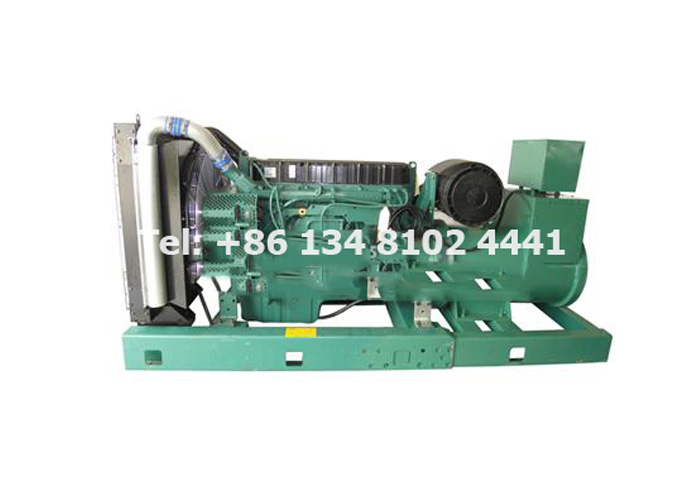
Method of exclusion:
(1) Drain the fuel from the fuel tank, replace it with a new fuel filter, and inject clean fuel.
(2) Make sure there is fuel in the fuel tank, and check whether there is any oil leakage or bending in the oil pipe between the fuel tank and the fuel transfer pump. Check whether there is air in the fuel system, whether the fuel bypass valve is stuck, and then check the fuel pressure. At full load speed, the outlet pressure of the fuel transfer pump must be a minimum of 415 kPa, and the pressure in both fuel manifolds must be 415 to 450 kPa. If the fuel pressure is lower than the above pressure, the filter should be replaced. If the fuel pressure is still low, check the fuel transfer pump and the fuel pressure regulator valve on the fuel manifold.
(3) Check the pressure in the intake manifold and see if there is any obstruction in the air filter.
3. The engine vibrates excessively after starting. Common causes include loose or faulty shock absorbers, loose engine mounts, misalignment or imbalance of driven equipment, etc.
Method of exclusion:
(1) Check whether the shock absorber is damaged and tighten each bolt. If the bolt holes of the shock absorber are damaged, replace them with new ones.
(2) Check the alignment and balance, and make corrections if necessary.
4. The valve mechanism is noisy. Common causes include damaged valve springs, spring lock clips, damaged or worn valve lifters, insufficient lubrication, etc.
Further reading:How to maintain and maintain diesel generators?
How Automotive Starter Battery Works?
How much do you know about alkaline batteries?
How does an Android Panel PC work?
Unlocking Efficiency: How ZCL Permanent Magnet Motors Solve Your Energy Woes
How Will Supply Chain Disruptions Impact Our Magnetic Component Production?
Custom Switchgear Cabinet Solutions for Any Application
Method of exclusion:
(1) Replace new parts where necessary. A damaged lock clip can cause the valve to sink into the cylinder, which will cause more damage.
(2) Check the lubrication condition in the valve chamber. When the engine is running at high speed, a large amount of oil should flow in, while at low speed only a small amount of oil should flow in. The oil passages (especially the passages that carry oil to the cylinder head) must be clean.
5. There is coolant in the lubricating oil. Common causes include damaged oil cooler core, damaged cylinder head gasket or water seal, cracked cylinder head, etc.
Method of exclusion:
(1) Replace with new oil cooler core and oil filter, and inject clean lubricant.
(2) Check the protruding part of the cylinder liner flange, install a new water seal in the partition, and tighten the bolts used to fix the cylinder head according to the technical specifications. Replace with new cylinder head.
6. The generator is overheated. Common causes include long-term engine overloading, blockage of ventilation ducts, etc.
Method of exclusion:
(1) The engine is overloaded for a long time. You should always pay attention to the instruments on the dashboard such as: power, power factor, and current to avoid overloading.
(2) If the ventilation duct is blocked, the inside of the generator should be completely blown out.
7. Too much white or blue smoke is emitted. Common causes include too much lubricating oil in the engine, worn piston rings, damaged turbocharger oil seals, etc.
Method of exclusion:
(1) Pull out the oil dipstick and check the oil level. If there is too much oil, drain the excess oil.
(2) Excessive wear of the piston ring causes the gap to be too large. Oil entering the combustion chamber and participating in combustion will cause blue smoke. New piston rings need to be replaced.
(3) Check whether there is oil in the intake manifold, and repair the turbocharger if necessary.Learn more
TFT Displays: the Future of visual technology
Unveiling the Characteristics and Types of Copper Cables
What is the difference between regular and heavy duty switch?
Exploring Advantages and Applications of LiFePO4 Battery Packs
Emergency Lighting Batteries: What, Why, and How to Ensure Safety?
Top 5 Benefits of Custom Inductors for Your Electronics Projects
What Factors Influence Your Switchgear Purchase Decisions?
Related Articles
If you are interested in sending in a Guest Blogger Submission,welcome to write for us!


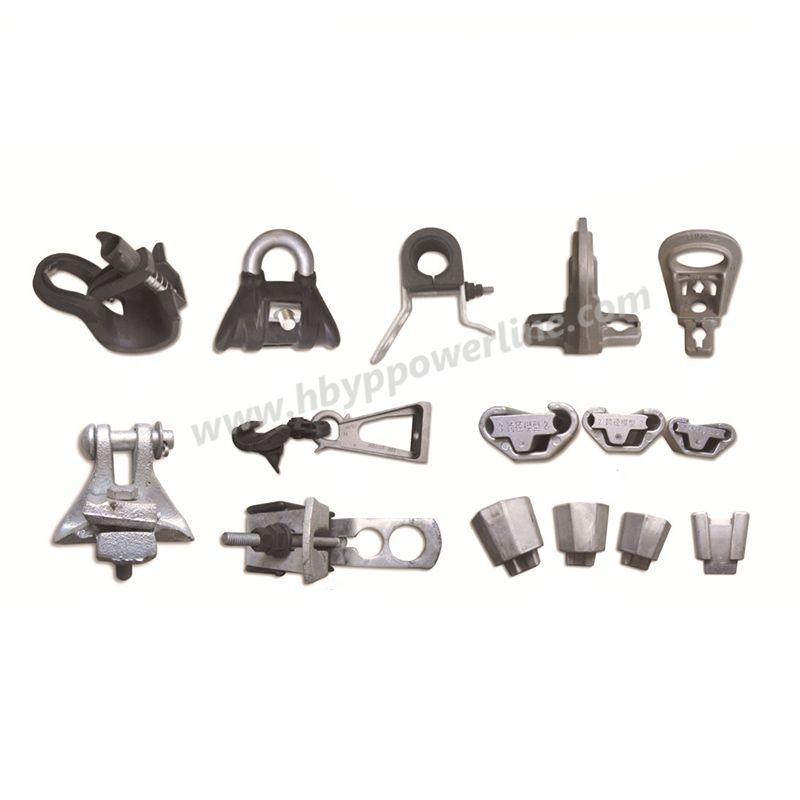
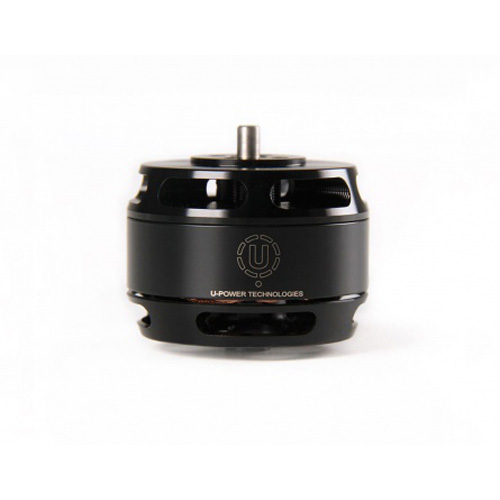
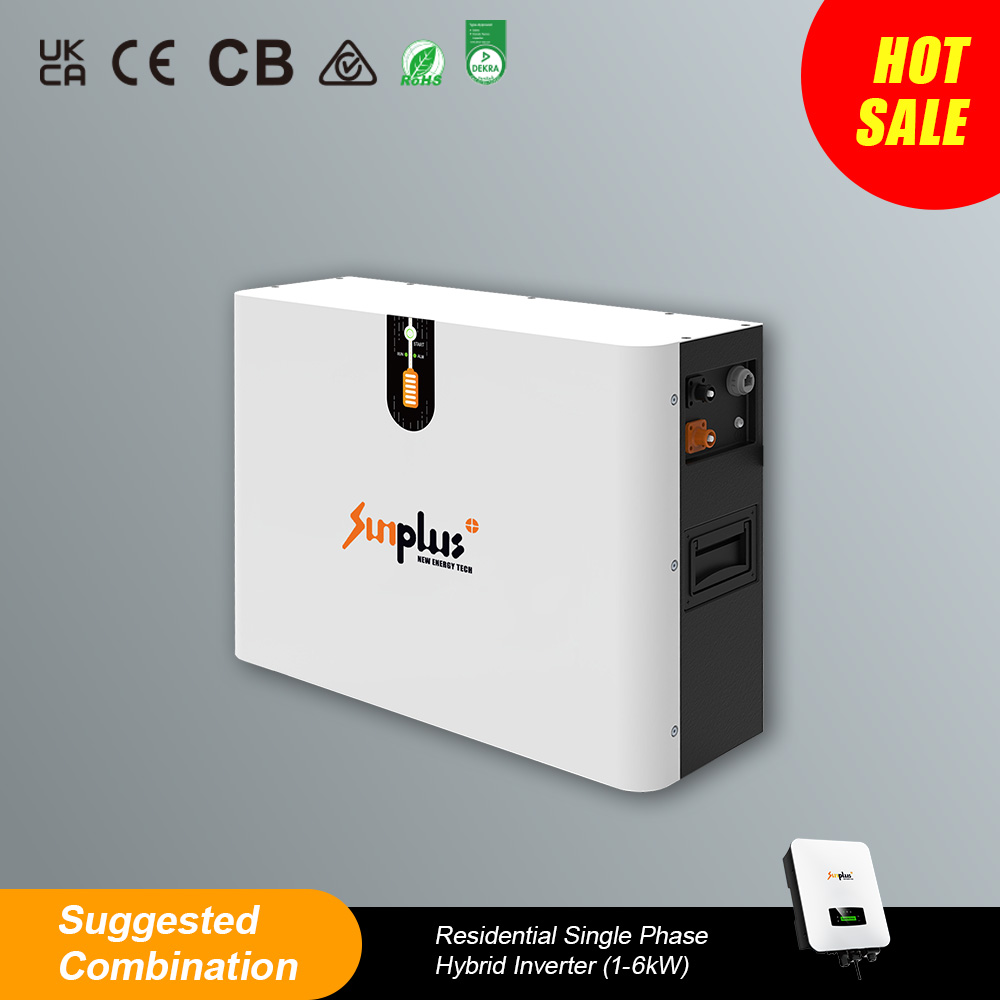
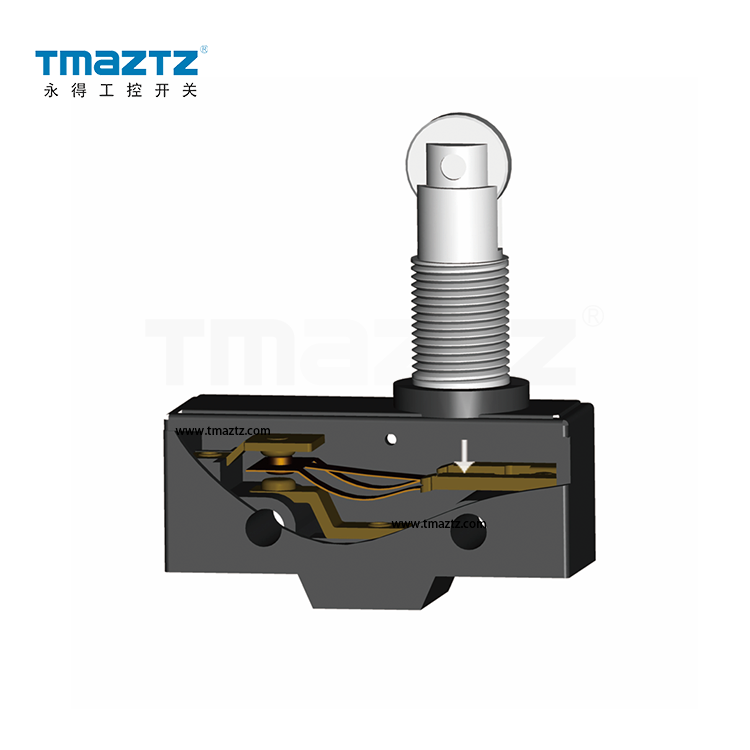
Comments
0